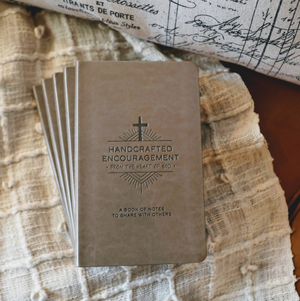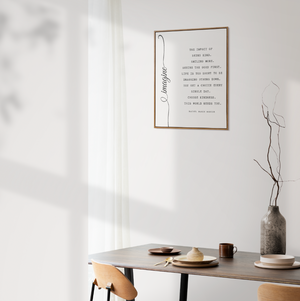
Ways To Deal With Separation Anxiety
Separation anxiety is that uncomfortable feeling we get when we're away from someone or something familiar. It's like when a child first goes to school and misses their parents, or when adults feel uneasy leaving their loved ones. It's normal but can be tough to handle.
Why Do People Experience Separation Anxiety?
People experience separation anxiety for various reasons. It could be because of a big change in life, like moving to a new place or starting a new job. Sometimes, past experiences, like losing someone close, can make these feelings stronger. It's our body's way of saying, "Hey, I'm out of my comfort zone!". Dealing with separation anxiety is difficult, not impossible. Here are 5 ways to deal with separation anxiety.
Solutions to Tackle Separation Anxiety
1) Establishing Routine
A consistent routine profoundly influences our ability to manage anxiety. By establishing a daily pattern, it creates a sense of predictability and security, which is especially beneficial in reducing anxiety. Think of a routine as a roadmap through your day; it helps you navigate uncertainties and provides a comforting sense of control. This includes setting specific times for meals, work, exercise, and relaxation. Regular routines not only organize your day but also help in mentally preparing you for various activities, making transitions smoother and less stressful.
2) Open Communication
Talking about your feelings with someone incredibly relieving. Whether it’s a conversation with a friend, family member, or a professional, expressing what you're going through significantly lightens your emotional load. It’s akin to releasing built-up steam from a pressure cooker. Sharing your thoughts and concerns also provides new perspectives and coping strategies. It’s important to find a supportive listener who provides empathy and understanding, creating a safe space for you to express your feelings without judgment.

3) Relaxation and Mindfulness
Incorporating relaxation and mindfulness into your routine significantly reduces symptoms of anxiety. Practices like deep breathing, yoga, or meditation are not just trendy – they have real benefits in calming the mind and bringing a sense of peace. Think of these practices as a pause button for stress, allowing you to step back and gain a clearer, calmer perspective. Regular practice improves your ability to manage stress and anxiety, leading to a more balanced and peaceful state of mind.
4) Professional Guidance
For some, the best approach to managing anxiety is seeking professional guidance. Therapists or counselors offer personalized strategies and support. With their expertise, they help you understand the root causes of your anxiety and develop effective coping mechanisms. Think of a therapist as a guide through the complex maze of emotions, offering insights and directions that might be difficult to navigate on your own.

5) Read Verses of Encouragement
It's a great source of comfort for those dealing with separation anxiety. “Handcrafted Encouragement" has 43 Bible verses chosen for their power to calm and comfort. These verses are like anchors, giving stability and hope. They make readers feel they're not alone, offering friendship and spiritual support. When people think about these verses, they find wisdom and comfort that helps them feel peaceful and healed. Also, the book has blank spaces on each page's back for readers to write their own thoughts or messages for others. This makes the book more than just reading; it's about sharing and connecting with others.
Concluding Thoughts
In essence, tackling separation anxiety is a journey that involves a mix of self-care, open communication, and seeking external support. Whether it’s through establishing a routine that provides stability, engaging in conversations that alleviate emotional burdens, embracing relaxation techniques to find inner peace, or seeking guidance from professionals, each step is a stride toward overcoming the challenges of separation anxiety.


